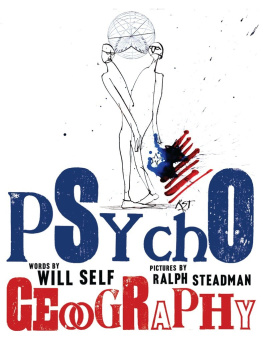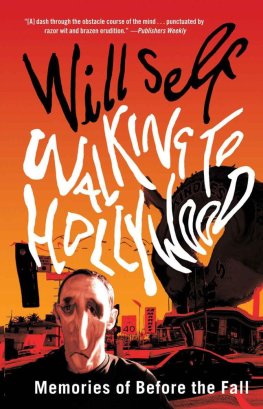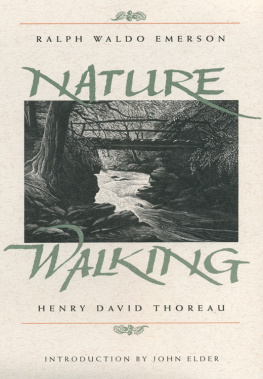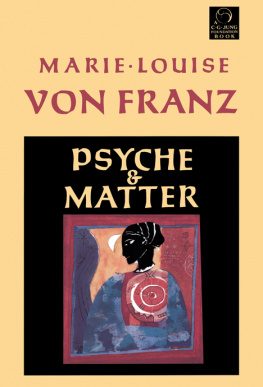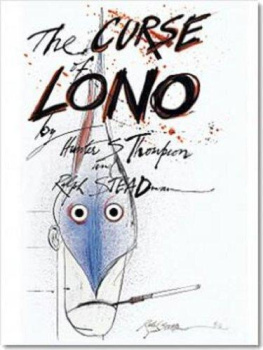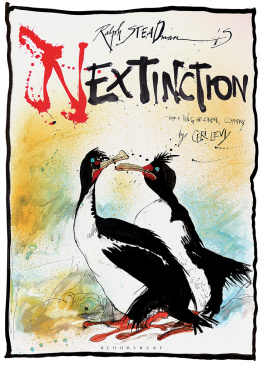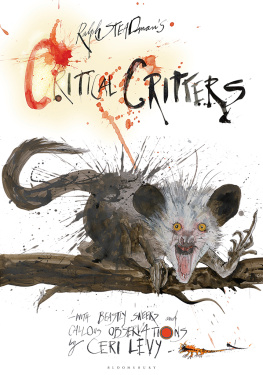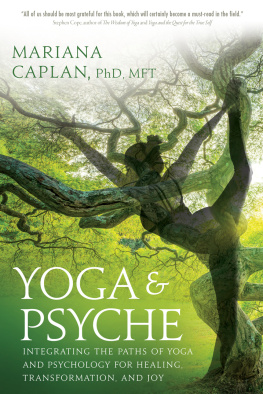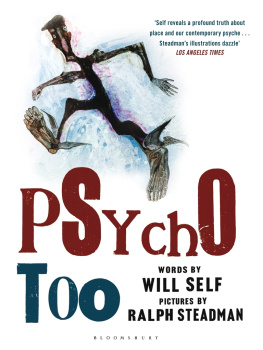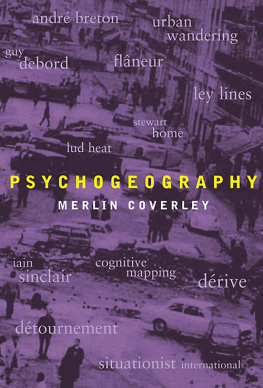Other books by Will Self
Fiction
The Quantity Theory of Insanity
Cock & Bull
My Idea of Fun
Grey Area
The Sweet Smell of Psychosis
Tough, Tough Toys for Tough, Tough Boys
Great Apes
Dorian
How the Dead Live
Dr Mukti and Other Tales of Woe
The Book of Dave
Non-fiction
Junk Mail
Sore Sites
Perfidious Man
Feeding Frenzy
Other books by Ralph Steadman
Written and Illustrated
Sigmund Freud
I Leonardo
The Big I Am
The Scar-Strangled Banner
Doodaaa (novel)
The Jokes Over: Memories of Hunter S. Thompson (memoir)
Illustrated
Fear and Loathing in Las Vegas
Alice
Animal Farm
The Devils Dictionary

Bloomsbury Publishing, London, New Delhi, New York and Sydney
First published in Great Britain 2007
This electronic edition published in 2013 by Bloomsbury Publishing Plc
Text copyright by Will Self 2003, 2004, 2005, 2006, 2007
Illustrations copyright Ralph Steadman 2003, 2004, 2005, 2006, 2007
Author, artist and publisher gratefully acknowledge that with the exception of the introduction and its images, all the other words and pictures in this book were first published in the Independent newspaper in their Psychogeography column between 2003 and 2007.
The right of Will Self to be identified as the author and of Ralph Steadman to be identified as the artist of this work has been asserted by them in accordance with the Copyright, Designs and Patents Act 1988.
No part of this book may be used or reproduced in any manner whatsoever without written permission from the Publisher except in the case of brief quotations embodied in critical articles or reviews.
Bloomsbury Publishing Plc
50 Bedford Square, London WC1B 3DP
www.bloomsbury.com
The moral right of the author has been asserted
All rights reserved
You may not copy, distribute, transmit, reproduce or otherwise make available this publication (or any part of it) in any form, or by any means (including without limitation electronic, digital, optical, mechanical, photocopying, printing, recording or otherwise), without the prior written permission of the publisher. Any person who does any unauthorised act in relation to this publication may be liable to criminal prosecution and civil claims for damages.
A CIP catalogue record for this book is available from the British Library
eISBN: 978-1-4088-3733-7
Visit www.bloomsbury.com to find out more about our authors and their books. You will find extracts, author interviews, author events and you can sign up for newsletters to be the first to hear about our latest releases and special offers.
For Kurt Vonnegut, Jr.,
writer, wit and sage
(19162007)

Drawn on a paper tablecloth at Lasagna Ristorante,
corner of 2nd Avenue and 50th, New York, October 2006
Honor escapes he who runs after it
Jewish proverb, from my great-grandfathers notebook
Prologue
I resolved to walk to New York; in the interests of writing about the experience, certainly, yet also with objectives at once more pedestrian and more ambitious.
This was, perhaps, to be the defining journey so far as my particular brand of psychogeography is concerned. Although we psychogeographers are all disciples of Guy Debord and those rollicking Situationists who tottered, soused, across the stage set of 1960s Paris, thereby hoping to tear down the scenery of the Society of the Spectacle with their devilish drive, there are still profound differences between us. While we all want to unpick this conundrum, the manner in which the contemporary world warps the relationship between psyche and place, the ways in which we go about the task, are various.
Some see psychogeography as concerned with the personality of place itself. Thus, in his novels and biographies, Peter Ackroyd practises a phrenology of London. He feels up the bumps of the city and so defines its character and proclivities. To read Ackroyd is to become aware that while the physical and political structure of London may have mutated down the ages, as torrents of men and women coursed through its streets, yet their individuality is as nothing, set beside the citys own enduring personification.
Others, such as my friend Nick Papadimitriou, pursue what he prefers to term deep topography: minutely detailed, multi-level examinations of select locales that impact upon the writers own microscopic inner-eye. He manufactures slides, in which are pinioned ecology, history, poetry and sociology. Nick points out that most of the psychogeographic fraternity (and, dispiritingly, we are a fraternity: middle-aged men in Gore-Tex, armed with notebooks and cameras, stamping our boots on suburban station platforms, politely requesting the operators of tea kiosks in mossy parks to fill our thermoses, querying the destinations of rural buses. Our prostates swell as we crunch over broken glass, behind the defunct brewery on the outskirts of town) are really only local historians with an attitude problem. Indeed, real, professional local historians view us as insufferably bogus and travelling if anywhere at all right up ourselves.
On the night before I set off to walk to New York, my wife looked quizzically at me, as one might regard someone who, whether through disorganisation or ineptitude, had ended up making a journey both senseless and tedious, and, putting her head charmingly on one side, said: Remind me again, why is it that youre going to New York?
Doubtless there was an element of affectionate ribbing in this: she knows that I know that she knows that I know, that while she views my psychogeographic peregrinations as marching along the poorly marked, crinkle-cut frontier between boredom and pretension, she nonetheless not only encourages, but even enjoins them, because of their beneficial impact on my mental health, and, by extension, that of our family.
A digression: do I believe that men are corralled in this field due to certain natural and/or nurtured characteristics, that lead us to believe we have or actually do inculcate us with superior visual-spatial skills to women, and an inordinate fondness for all aspects of orientation, its pursuit, minutiae and worst of all accessories? Absolutely. And so, while not altogether abandoning the fantasy of encountering a psychogeographic muse who will make these jaunts still more pleasurable, poignant and emotionally revelatory than they already are, in my continent heart I understand that I am fated to wander alone, or at best with one other, occasional... male companion.
I will answer my wifes question for you but not yet. Mine are not writerly journeys in the accepted sense: Rousseau philosophising pied, Goethe rattling into Switzerland in a coach, Cobbett on his clopping gee-gee, assorted Borrows and Stevensons plodding with their donkeys, Greene rocking on a train, Thesiger with a camel up his arse. Even in the modern era there remain writers firmly convinced that there are still discoverable terrains human, physical, cultural and ways of traversing them, so as to be able to convey their novelty in words. I am not of their number.
I find it uncanny to be in a world in which, as I write this very sentence, I will travel thirty or forty miles through the upper atmosphere, while in search of the
Next page
